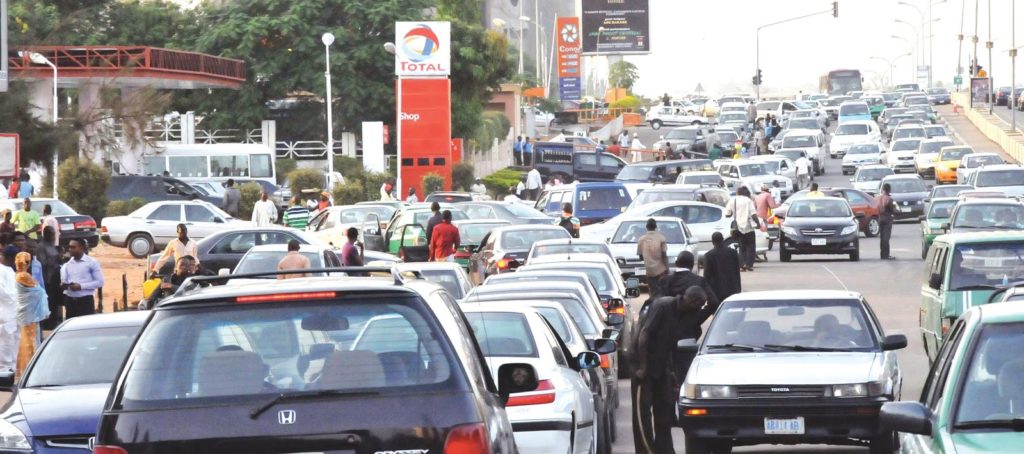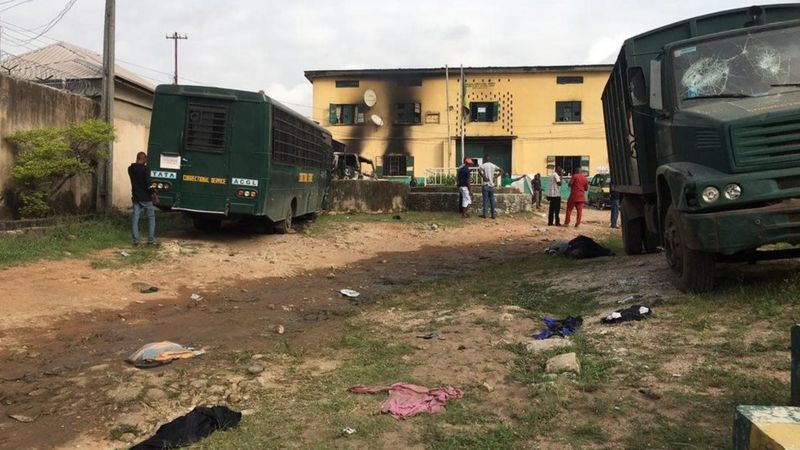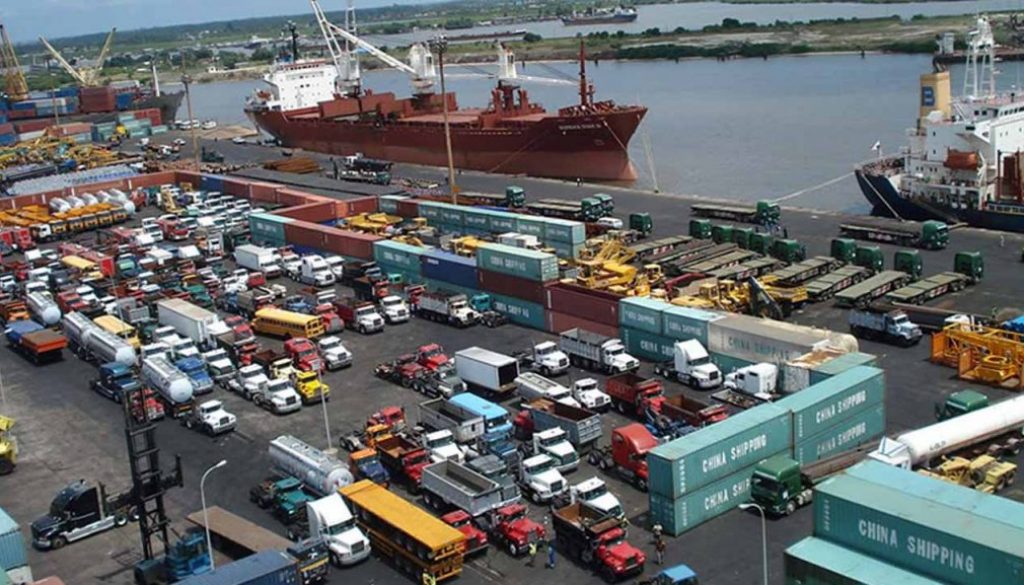The Nigerian Ports Authority (NPA) says it is ready to tackle all concerns raised by port users on the implementation of the electronic scheduling system for trucks doing business in the ports.
Its Managing Director, Mr Mohammed Bello-Koko, stated this on Tuesday in Lagos while reviewing the state of implementation of the policy, popularly known as “ETO system”, a year after it took off.
“We are ready to effectively tackle all concerns raised by port stakeholders; having operated the novel electronic call-up system for about a year, it should be expected that some of the teething issues should give way.
“All lingering issues will require a bit of time to resolve. The important thing is that we are committed to resolving them,” he said.
While commending the effort and investments made by Messrs Truck Transit Park (TTP) Ltd, operator of the call-up system, the NPA helmsman said he recognised that change could sometimes be a painful process.
“In particular, managing the transition from a manual to an electronic call-up system for cargo trucks can be tough, so we have implored the system operator to up its game, in view of the frustrations being expressed by users of the system.”
According to him, the electronic call-up system, popularly called ‘ETO’, has revolutionised delivery and evacuation of shipments at the port, hence the need to put in everything required to sustain its positive on the country’s port industry.
“We are quite aware that about a year after it was introduced, some are yet to fully integrate their trucking business with the ‘ETO’ system, so we are in regular touch with the system operator and very soon necessary remedies to address these issues would be rolled out,” he said.
Bello-Koko further explained that the progress so far achieved had improved time per trip and increased return on logistics investments for haulage operators.
“You will recall that one of the very first places I visited personally, while as acting Managing Director, was the Ijora operational headquarters of the electronic call up system.
“After that visit, I also undertook a first hand assessment of the critical infrastructure in relation to the delivery of ‘ETO’ at the two Lagos ports.”
The managing director acknowledged that traffic had not been free-flowing from the Mile 2 to Tin-Can Island Port.
“This is the encumbrance that the electronic call-up is facing along that axis. What we presently have along the Tin-Can Island Port corridor would clear-out once the road reconstruction is completed.
“We are in constant touch with the Controller of Works in Lagos and the contractors, all in our bid to ensure that the access road from Mile 2 becomes motorable as the one from Ijora into Apapa,” he said.
He said that the NPA had donated 24 new motor bikes to strengthen traffic monitoring and enforcement along the access roads to the Lagos Ports Complex and Tin-Can Island Port.
According to him, “the NPA management is not unimindful of the issues militating against seamless flow of traffic in and out of the port; we are proud of our partnership with the Lagos State Government in this regard.
“We will continue to deploy innovative measures towards eliminating all encumbrances impeding smooth movement of trade along the access roads to the port.
“Our resolve as management of the NPA is to ensure that the goals behind the introduction of the electronic call up system are achieved. We will continue to collaborate with Messrs TTP Ltd, the Lagos State Government and other stakeholders, including the trucking companies.
“There is a remarkable improvement in the traffic situation along the port corridor, so we appeal to truckers to be patient with the electronic call-up system, even as we work towards the attainment of all deliverables.
“We know that an efficient call-up system requires a superb IT to manage truck movement right from the various parks into the seaports. We are working in concert with the operators to improve the situation.
“We look forward to when there will be total removal of personal contact in truck scheduling into the port.
“For this to happen, there must be an efficient IT infrastructure, hi-tech access control, a 24-hour power supply and electronic-controlled monitors at the various truck pre-gates and parks,” the NPA MD stated.













